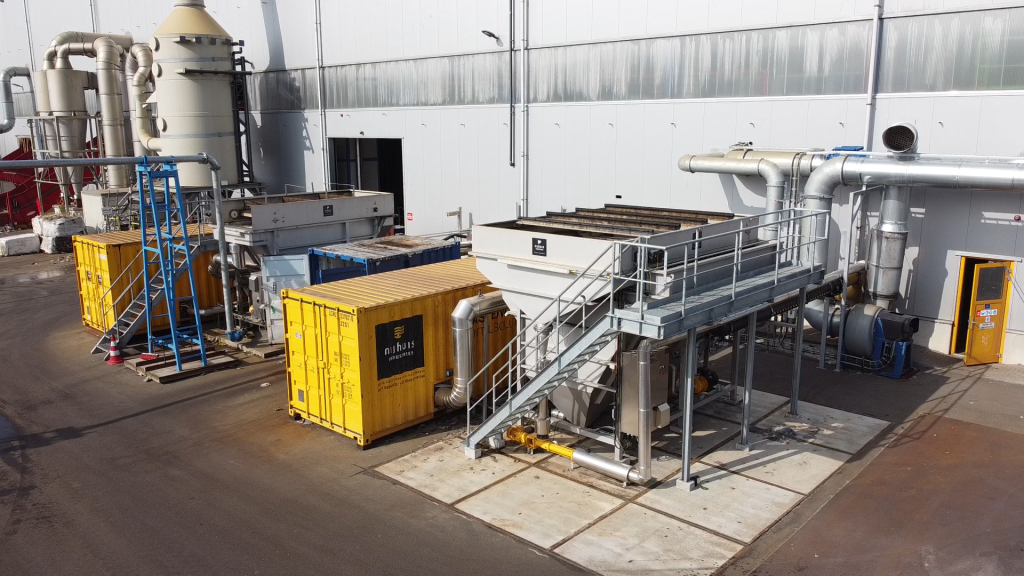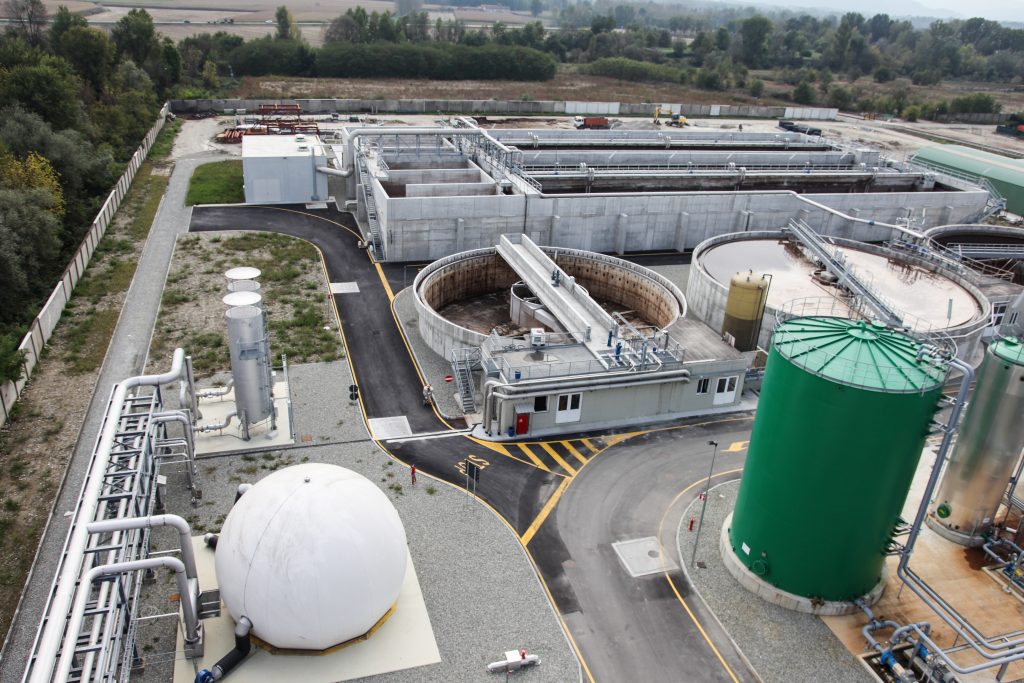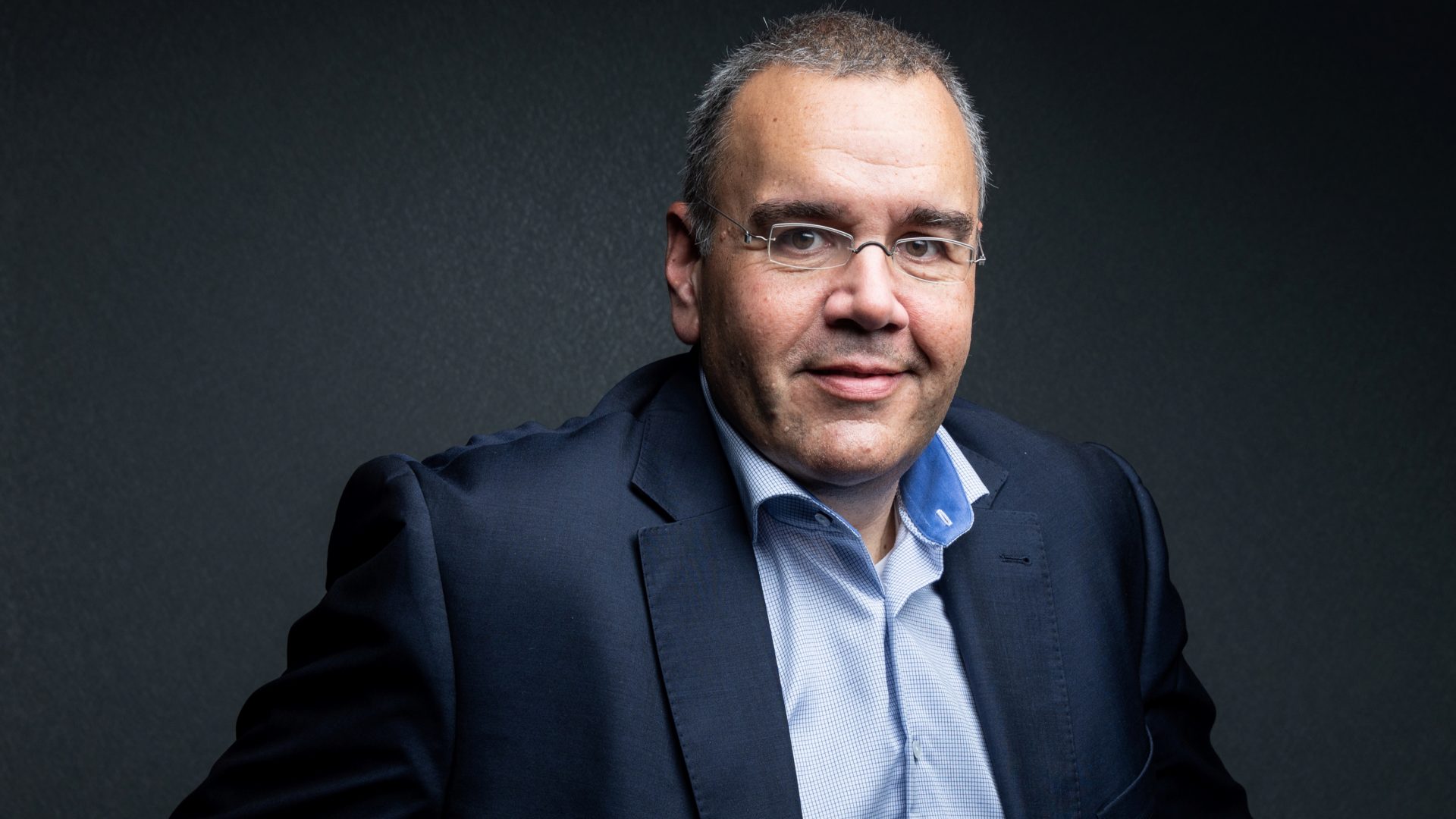After the success of BlueTech Forum 2022, Menno Holterman, chief executive of Netherlands engineering company Nijhuis Saur Industries, shares his views on water sector transformation, including investment, collaboration, and moving beyond compliance.
What are the issues driving the need for change in water management?
A lot of people around the world still believe that water is an inexpensive, plentiful, and exploitable resource. As a society we are failing to realise how valuable water really is and how many important things for us and our planet depend on water availability.
Thinking about some of the UN Sustainable Development Goals (SDGs) – eradicating poverty, reducing hunger, tackling a lack of education and gender inequality, caring for the life in the oceans and on land, peace and economic growth – the water industry is playing a role.
I believe water is the connector between reaching the goals and objectives of each SDG but ultimately, we need to make water more valuable not only through direct funding, by implementing new business models such as ‘water as a service’ and ‘mobile water solutions’ but also making water investment an attractive opportunity.
As a sector, water is not at the top of most people’s minds. People want to invest in the latest technologies or renewable energy solutions, but if you then ask whether they have thought about water, they are likely to say, ‘There’s enough water, why would I?’.
What are the blockers to water sector investment?
So much has been happening in the last three years, with the pandemic, rising conflicts, energy and food shortages, supply chain issues, and potential crop failures. Many things which were previously very theoretical are happening today and they are happening in a very fast pace.
I think we have an opportunity here, as a sector, to connect ourselves to those industries which really need to make the difference and present ourselves as a solution provider for managing water differently.
We do not speak the language of every sector yet and we do not know exactly what kind of developments are taking place, but this is where BlueTech Forum is playing an important role and showing how we can turn our weaknesses into an opportunity.
Water decentralisation was a topic at BlueTech Forum 2022, what is Nijhuis doing in this area?
The usual way of engineering a water or wastewater solution is that you collect all the water and bring it to a centralised treatment facility. This is the municipal infrastructure that has been developed over the last 60 years and needs changing.
A decentralised strategy keeps the water where it is available. So instead of investing a lot of energy to discharge the water over very long distances to households, you keep it as close as possible to the users and use it as effective as possible.

Every project or solution that the teams at Nijhuis Saur Industries are working on today is guided by the four Rs: reuse, reduce, remove, recover. One or more of those must be met in every initiative we deliver. Our clients are facing challenges with at least one of these four Rs, this is why industrial water use sectors need to share challenges and why we need to help each other.
For water in an industrial or municipal process you can also look at which loops can be closed to reuse water, or even wastewater, for drinking water. Keeping it at source instead of investing in new infrastructure and therefore saving energy.
Those who until recently did not think they had a water problem, are now recognising that they have serious water challenges and time is running out. There is a collective understanding now that we must look for alternative solutions and give them a chance.
BlueTech Forum 2022 had the theme ‘radical collaboration for regeneration’, how does this align with Nijhuis’s approach?
Nijhuis Saur Industries has already achieved a lot, but we are still not there yet, this is where supporting events such as BlueTech Forum come in. They are so important because of the people that attend. Delegates understand that a different approach and entire system change is required because what is in place now is not enough.
Hence the theme. We believe that the BlueTech Forum is a place where we can find some soulmates. What I also like is that every year there is an opportunity to mix with other industries and gain new perspectives.
In the water community we operate in, we tell each other every day about how great we are, but we are still unable to really show the water challenges and solutions to the world. So, gaining new perspectives and meeting people from the food and beverage or energy industry, for example, is essential to break down silos.
At BlueTech Forum you delivered a keynote speech, what was the focus?

I focused on how we can help accelerate ideas and play a greater role in delivering the solutions.
We keep the same systems in place because nobody else is telling us different. But to solve a particular problem, we may have to go back to the fundamentals and see if we can deal with water management challenges in a different way than usual.
In the energy sector, for example, it is much more developed compared to the water sector and the energy transformation is becoming much more important with the rise in production overall.
The demand to accelerate energy transformation could be a huge positive for the water sector if we make sure we are connected to that transformation. If you read about hydrogen energy, for example, it is meant to be a fantastic solution. Then, if you calculate just how much clean water is needed to produce green-blue hydrogen, you suddenly have difficult decisions to make.
Other sectors being open to innovations and solutions from the water sector is key. The food and beverage sector, for example, is the industry closest to consumers, they are always much more open to innovation because their consumers insist on change.
Is BlueTech Forum a good place to identify opportunities for acquisitions and new technologies?
Always. I think with the innovations which are being presented in the showcase, we are very keen to see how the delegates react to and reflect on these new water management solutions.
Nijhuis Saur Industries is not only investing in seasoned companies but also in scaleups with an opportunity to grow and to bring new technology to the market. We realise that what we have is ‘glocalisation’ which is the balance between applying global technologies into the local market.
It is a continuous balancing act because water challenges across the world are different, and they require different solutions. Similarly, certain technologies are preferred over others depending on legislation and regulations.
How can the industry benefit from greater collaboration?

Because the challenges facing water globally are now so big, I think we need to work much closer together with clients and stakeholders but also with competitors.
We need to all agree with each other on, for example, a level of quality. There will be competing technologies, of course, but they should all exist in the market under a common understanding and commitment to standards. It should be the industry’s number one ambition to have water reused as much and as efficiently as possible.
At the same time, we can educate stakeholders about what is possible with water today and we benefit from the fact that everybody understands that it comes with a price. That is why we like to engage with end-users and people from other industries, to learn from what they are doing and understand their objectives.
A wastewater treatment plant could be the heart of an integrated reuse, reduce, remove, recover facility and not just an end-of-pipe solution – transforming the different functions of water and instantly giving it more value.
There are still many opportunities to transform water management to a more meaningful and sustainable way to secure a resilient future, especially in collaboration with others. At Nijhuis Saur Industries we have started this transformation with purpose and even though we are not entirely sure what the future holds for us, we are incredibly excited to find out and to start that investment journey.



